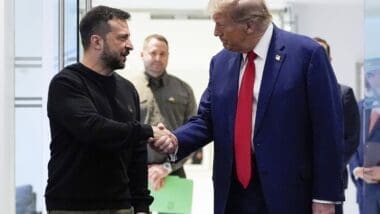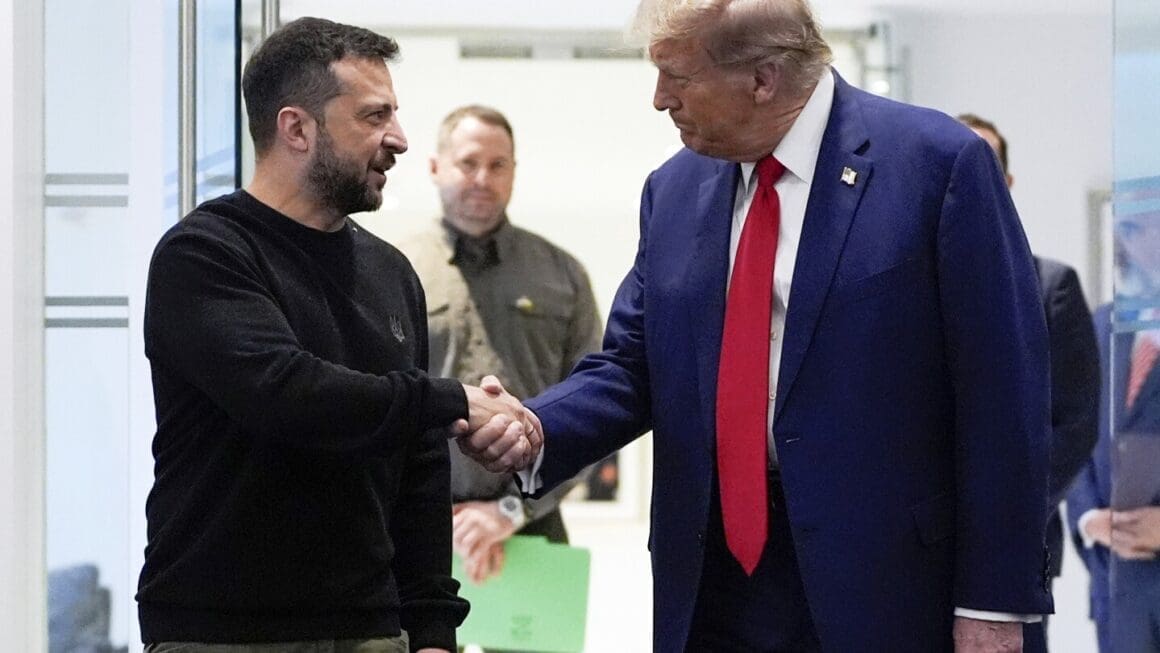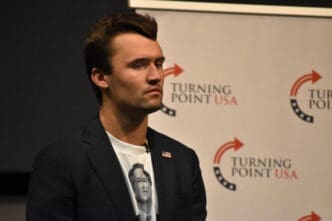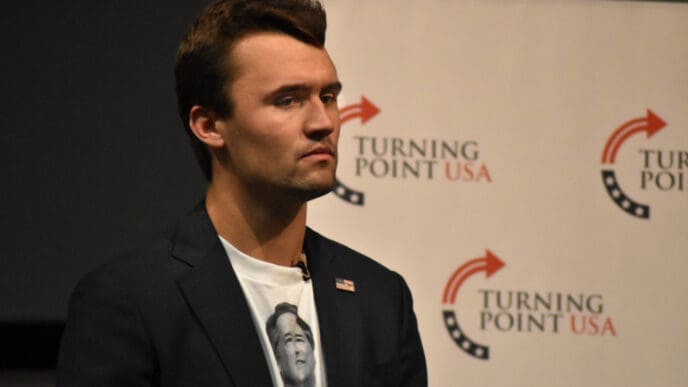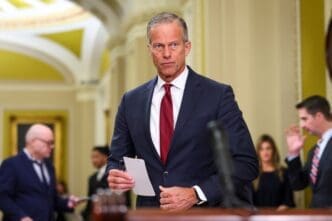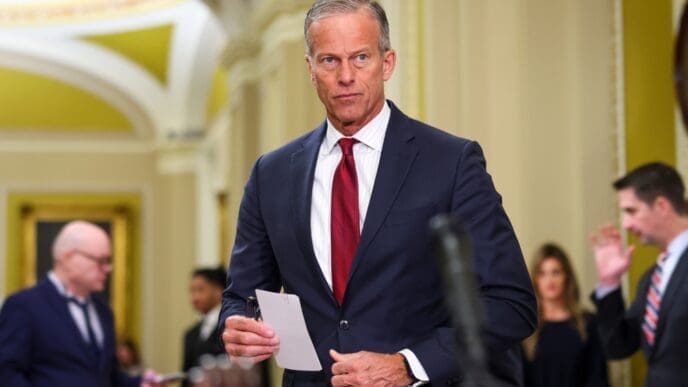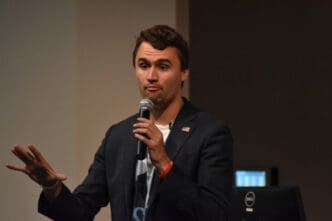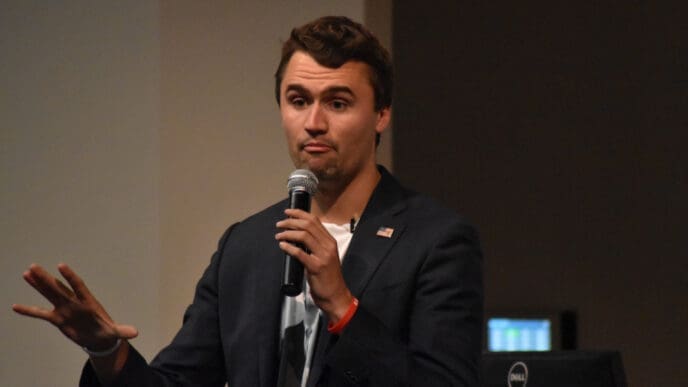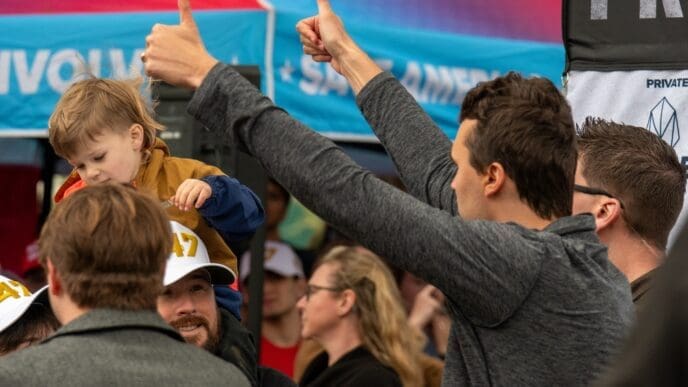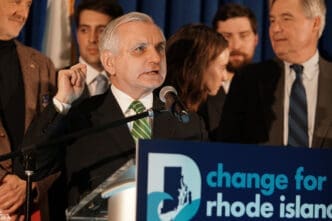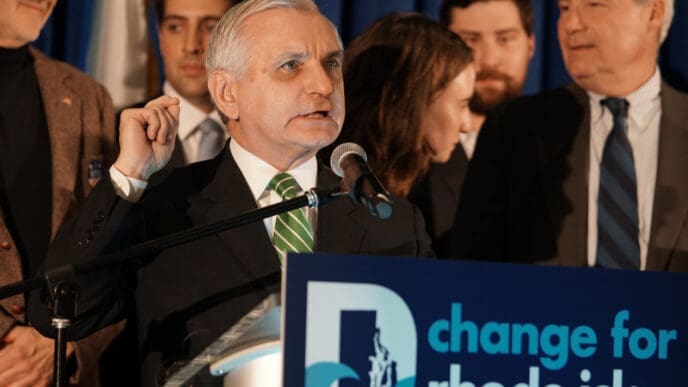Executive Summary
The Story So Far
Why This Matters
Who Thinks What?
Donald Trump’s special envoy, Steve Witkoff, has stated that Russia agreed to allow the United States and European nations to provide Ukraine with “robust” security guarantees as part of a potential peace agreement. The arrangement, discussed at the Alaska summit, could involve “Article 5-like language” to cover a security guarantee, referencing NATO’s collective defense principle. This development comes ahead of crucial talks scheduled for Monday in Washington D.C. involving Ukrainian President Volodymyr Zelensky, President Trump, and several European leaders.
Security Guarantees and Diplomatic Efforts
Witkoff indicated that this security arrangement could serve as an alternative to Ukraine joining NATO, a move long opposed by Russian President Vladimir Putin, provided the Ukrainians find it acceptable. President Zelensky, speaking before his visit to Washington D.C., described the U.S. security guarantee offer as “historic.” He emphasized that any guarantee must be “very practical, delivering protection on land, in the air, and at sea, and must be developed with Europe’s participation.”
Following a Sunday meeting of the “coalition of the willing” – a group including the United Kingdom, France, and Germany – a No. 10 spokesman commended President Trump’s commitment to providing security guarantees. The leaders also reiterated their readiness to deploy a reassurance force, secure Ukraine’s skies and seas, and assist in regenerating Ukraine’s armed forces once hostilities cease.
President Zelensky is set to join UK Prime Minister Sir Keir Starmer, French President Emmanuel Macron, German Chancellor Friedrich Merz, European Commission President Ursula von der Leyen, and NATO Secretary-General Mark Rutte in Washington on Monday. French President Macron stated that the group intends to challenge Trump on the extent of his willingness to provide security guarantees, aiming to “present a united front.”
Territorial Discussions and Ukrainian Stance
Witkoff also informed CNN on Sunday that Russia had made “some concessions at the table” regarding territory, noting that Donetsk would be part of an “important discussion” on Monday. This follows reports that President Putin presented Trump with a peace offer in Alaska on Friday, which would reportedly require Ukraine to withdraw from the Donetsk region in exchange for Russia freezing the front lines in Zaporizhzhia and Kherson.
The BBC’s U.S. partner CBS, citing diplomatic sources, reported that European officials were concerned President Trump might pressure President Zelensky to agree to these terms. Russia claims the Donbas region as its territory and controls most of Luhansk and approximately 70% of Donetsk. Russia also illegally annexed the Crimean peninsula in 2014, preceding its full-scale invasion of Ukraine.
President Zelensky has firmly rejected any Russian proposal to cede the Donbas region, warning that such a move could serve as a springboard for future attacks. He has also highlighted Ukraine’s constitution, which mandates a referendum for any change in its territory.
Navigating Complex Relationships
Monday’s White House meeting marks President Zelensky’s first since an acrimonious public exchange with President Trump in the Oval Office in February, where Trump reportedly told him to be more “thankful” for U.S. support and accused him of “gambling with World War Three,” after which Zelensky was asked to leave. Their relationship appeared to reconcile in April during a “very productive” 15-minute meeting before attending Pope Francis’s funeral.
Ukraine has also entered into a minerals deal that grants the U.S. a financial stake in the country, and Kyiv has expressed its willingness to pay for U.S. arms. However, the warm reception President Trump extended to President Putin at the Alaska summit on Friday, despite the Russian president facing an International Criminal Court arrest warrant for alleged war crimes, has reportedly caused concern in Kyiv and other European capitals.
The ongoing diplomatic efforts underscore the complex negotiations surrounding Ukraine’s security and territorial integrity, with international leaders seeking to forge a path towards peace while navigating historical grievances and contemporary geopolitical realities.

